This post is sponsored by CHOC Children’s
Our goal as parents is to raise our children to be independent and eventually be able to run a household of their own. But how do you do that? Are there specific things parents should be doing to ensure their children learn independence? Teaching my kids to be independent is very important to me, however I admit that I am not sure I am doing enough or even doing it right. They certainly didn’t give me a manual on how to do this when I brought my kids home from the hospital.
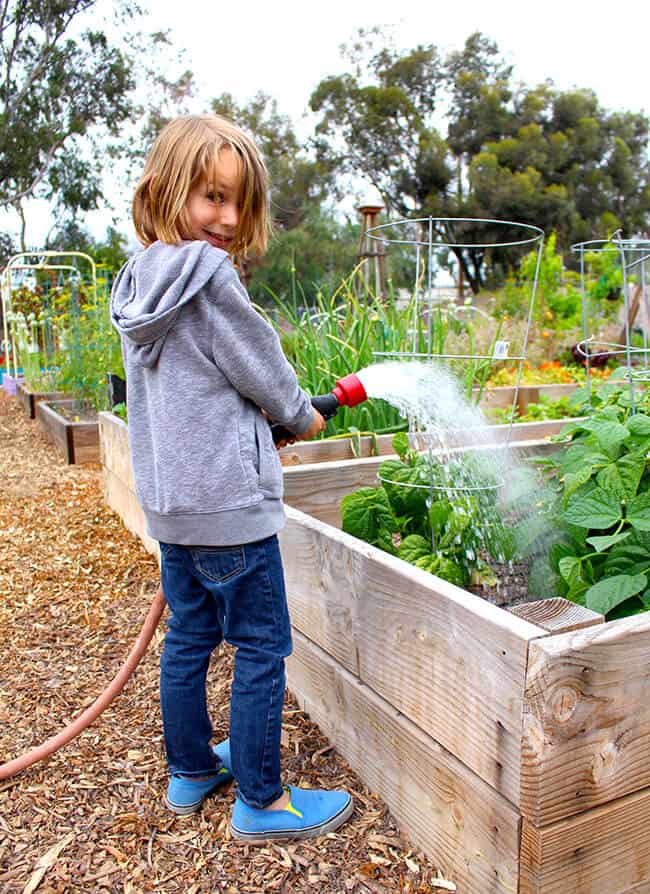
I recently had the opportunity to chat with Dr. Katherine Williamson, a CHOC Children’s pediatrician, to discuss ways to teach children to be independent. She gave me some great advice and ideas that can help in our everyday lives in raising our kids.
When Should You Start Teaching Kids to Be Independent?
Dr. Williamson stressed to me that there is no specific age when parents should start to teach children to be independent. Teaching them independence happens naturally at a very young age. Toddlers begin learning independence simply by watching their parents and caretakers. When you see your child mimicking you, they are actually learning how to be independent, and children LOVE to learn.
Make routines for the morning, like use the bathroom, get dressed and eat breakfast. And for the evening, the routine could be take a bath, brush your teeth and read a story. Finally, as soon as your child is ready, encourage independence in dressing and bathing themselves.
Doing Chores Teaches Children Independence
Doing chores is one of the best ways to teach children independence and how to take care of themselves, Dr. Williamson says. Chores help kids feel empowered…this is a good thing! Don’t get hung up on making kids do chores just for the sake of doing them. Make sure that the chores they are doing have a purpose and accomplish a goal.
Dr. Williamson reminds parents that chores should never interfere with eating, sleeping, playtime, homework, or school.
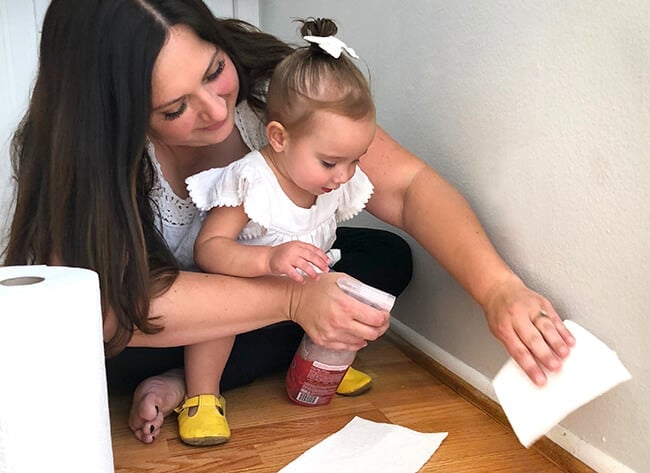
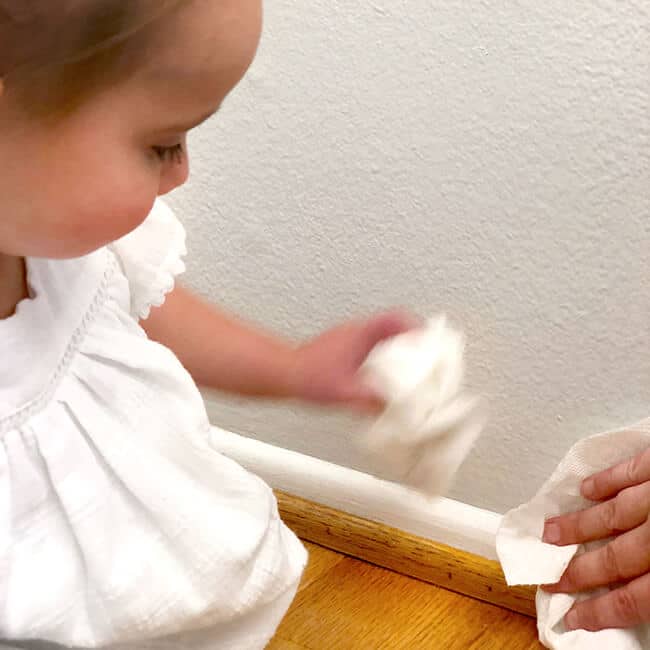
What are Age Appropriate Chores?
Toddlers – they are too young to have specific chores, but they can definitely follow along as little sidekicks and help their parents or siblings. Teach them fun little songs as you are working to keep them engaged and excited. It is important to involve toddlers in the family development and let them be part of the household.
Elementary-aged kids – begin with simple tasks such as feeding the pets, picking up toys, cleaning their rooms, putting away clothes and shoes, surface cleaning – anything that is simple. Make sure the things they are helping with don’t involve items that are too heavy for them or involve chemicals. Have them help you do things like sweeping, dusting or setting the table. Make sure to have fun. You can sing songs and make tasks into games to teach kids that “working” doesn’t have to be awful.
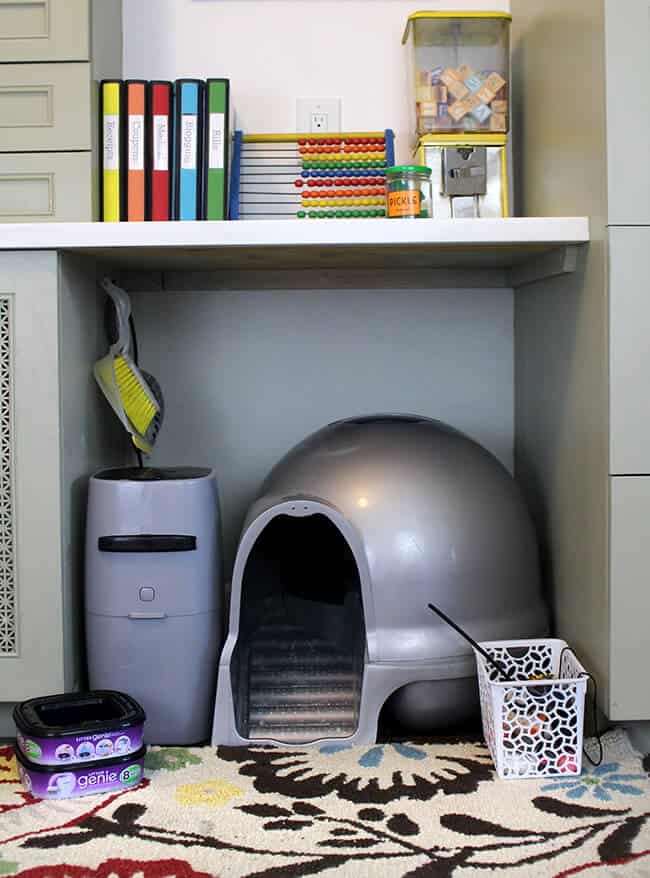
Tweens and Teens – chores at this age should continue to be intentional. Chores can be more encompassing and increase in quantity and length. Keep in mind that they still shouldn’t interfere with eating, sleeping, school or homework.
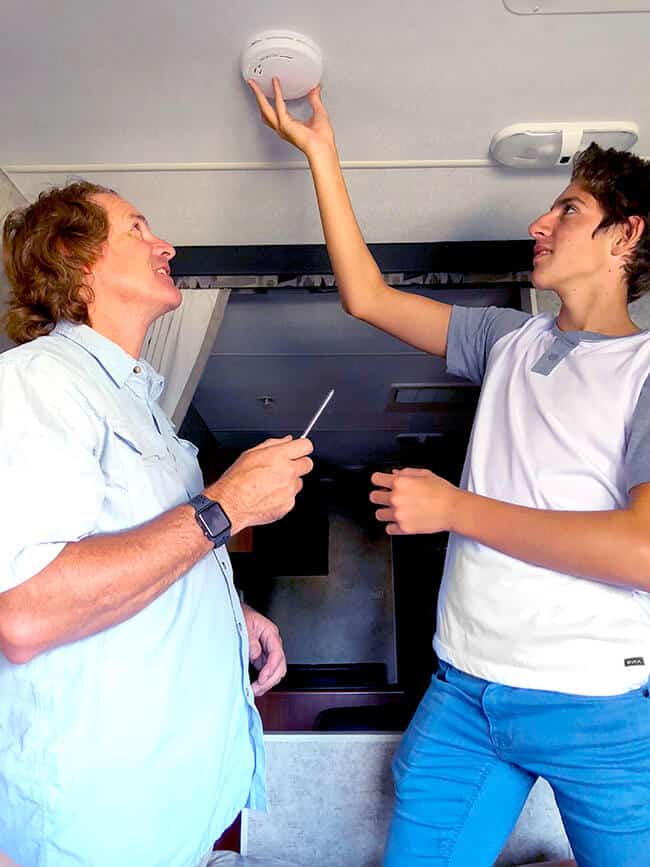
Being a Friend Teaches Independence
Your child can start learning to be a good friend as young as 3-4 years old. They learn about sharing, empathy and also that all people act differently. As they progress into elementary age, they will experience fun times as well as arguments and hurt feelings. This is where you can teach them ways to stay calm when things don’t go their way and also tell them what they can say or do to solve the problem.
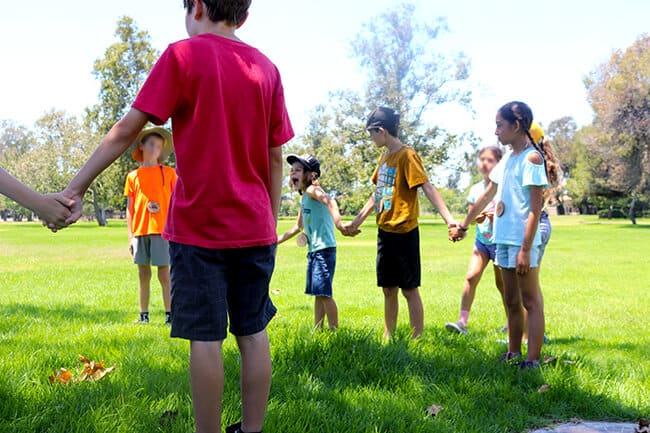
It can be tempting for parents to try to solve problems between their own kids and others by talking with the other child’s parent. But try instead to guide your child to solve problems themselves. Encourage them to do as you taught them first before getting involved. Stand close by and watch as the children solve their problem. Being close by puts the children on their best behaviors. This is how children begin to develop the confidence and skills to communicate honestly, calmly, and politely with others.
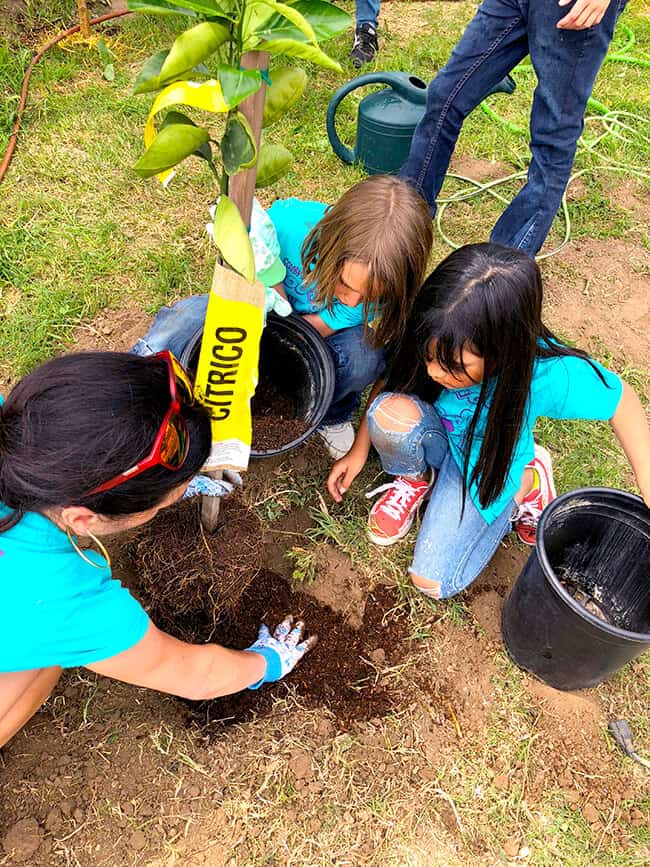
Communicating with your Child Teaches Independence
Children feel important when adults take the time to talk with them. Try to talk often and about many things with your children. This will help them gain self-confidence. Ask about friendships and the activities that your child enjoys. Ask them about the best part and worst part of their day and tell them about yours. Let your child know that it’s OK to have and talk about negative feelings. This will teach your child that it is normal have ups and downs.

Keeping children safe is an important job for parents. So, make sure to talk to your child about safety in terms of interacting with other adults, Dr. Williamson says. They need to be careful and know what is OK and NOT OKAY for other adults to ask and do to them. Start a conversation with your child about different safety issues such as coming to you if they aren’t sure of something, that there are NO secrets, that certain parts of the body are private, and that if they get separated from you to find a security guard, police officer or another mommy to help them.

Why it is Important to Teach Children to be Independent
When your child is allowed to be independent, it enables them to gain first-hand knowledge of the consequences of their actions. This helps them to learn things efficiently because they got to learn through trial and error. Next time they will think twice and hopefully learn from their actions and give them more self-discipline.
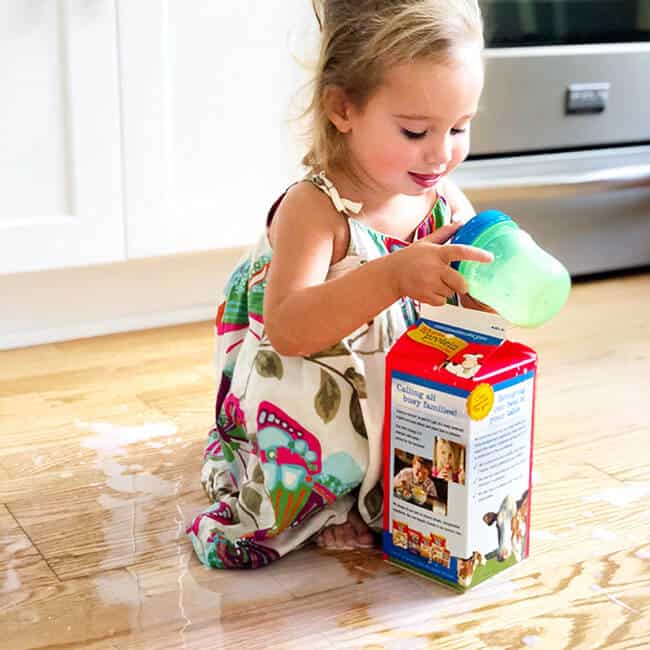
It also gives the opportunity to choose what will make them happy, and to learn right from wrong. In order to develop their own emotional maturity, children need to practice making their own choices, Dr. Williamson says. When children are younger, you can start with giving them only a couple choices, but when they are older, give them the chance to make the entire decision for themselves, she adds.
Independence also will enhance your child’s self-esteem. They will feel empowered with their accomplishments and in turn feel proud of themselves. If they fail at something, with your guidance, they will learn to handle that failure and stress. Eventually, they will learn to deal better with those negative feelings and not be so hard on themselves.
Through independence children develop their personality, grow up strong, and are ready to take on life’s challenges, emotionally secured, and happy. Children need to experience independence to learn the ways of life!
Finally, as parents, we want nothing but the best for our children. We often want to attend to their needs as quickly as we can; it’s how we express our love. However, it’s really important give children the opportunity to become successful in life and to teach them independence. I hope these ideas Dr. Williamson has mentioned are good tools for us parents to utilize in our everyday lives. I know that I will definitely work hard to teach my kids to be responsible independent adults and am grateful for any advice I can get to make my job as a parent successful.
Check out another post presented by CHOC Children's
The Importance of Play in Children
Helping Children Develop Healthy Eating Habits




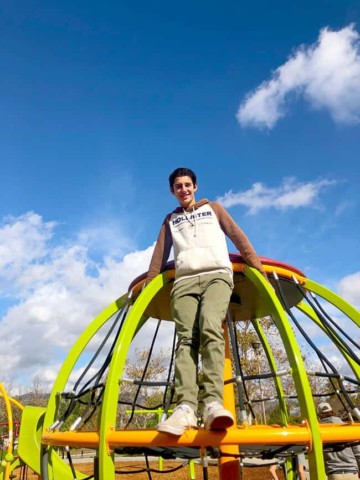
NANCY
This is very important. Teaching kids to be independent shields them from peer pressure & helps them build their self-confidence. Great post idea!
Sandra Caballero
You made this blog post like you were speaking about my kids. We do the same! Daily I have my kids do their routine. I keep it the same. Even in the summer when they are not in school. Each of my kids has their own chores for their own appropriate age. My toddler is very caring and she shares her snacks. She is so sweet. My eldest is more into herself but she does her chores as I ask her to. It’s great to teach kids to do chores and have a routine daily because it will benefit later in life for them. They become successful and smart. From watching my eldest I see that she knows what to do next because I communicate with her on how to think about things should be done. It really helps a lot because she always help her teachers. Toddler is doing the same.